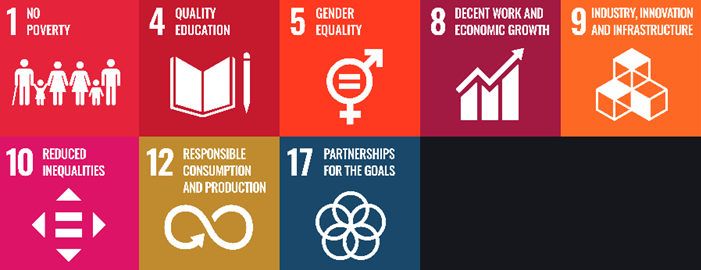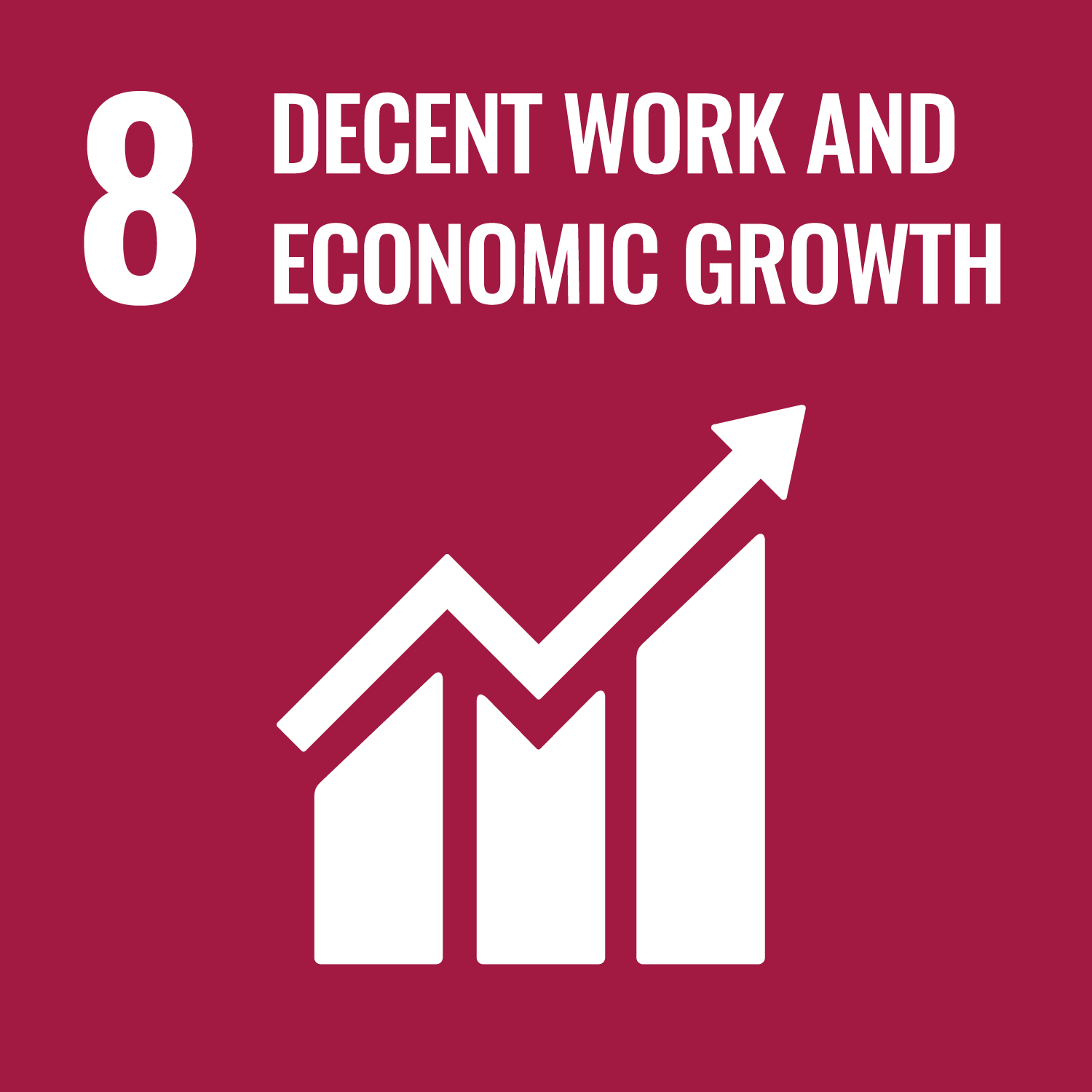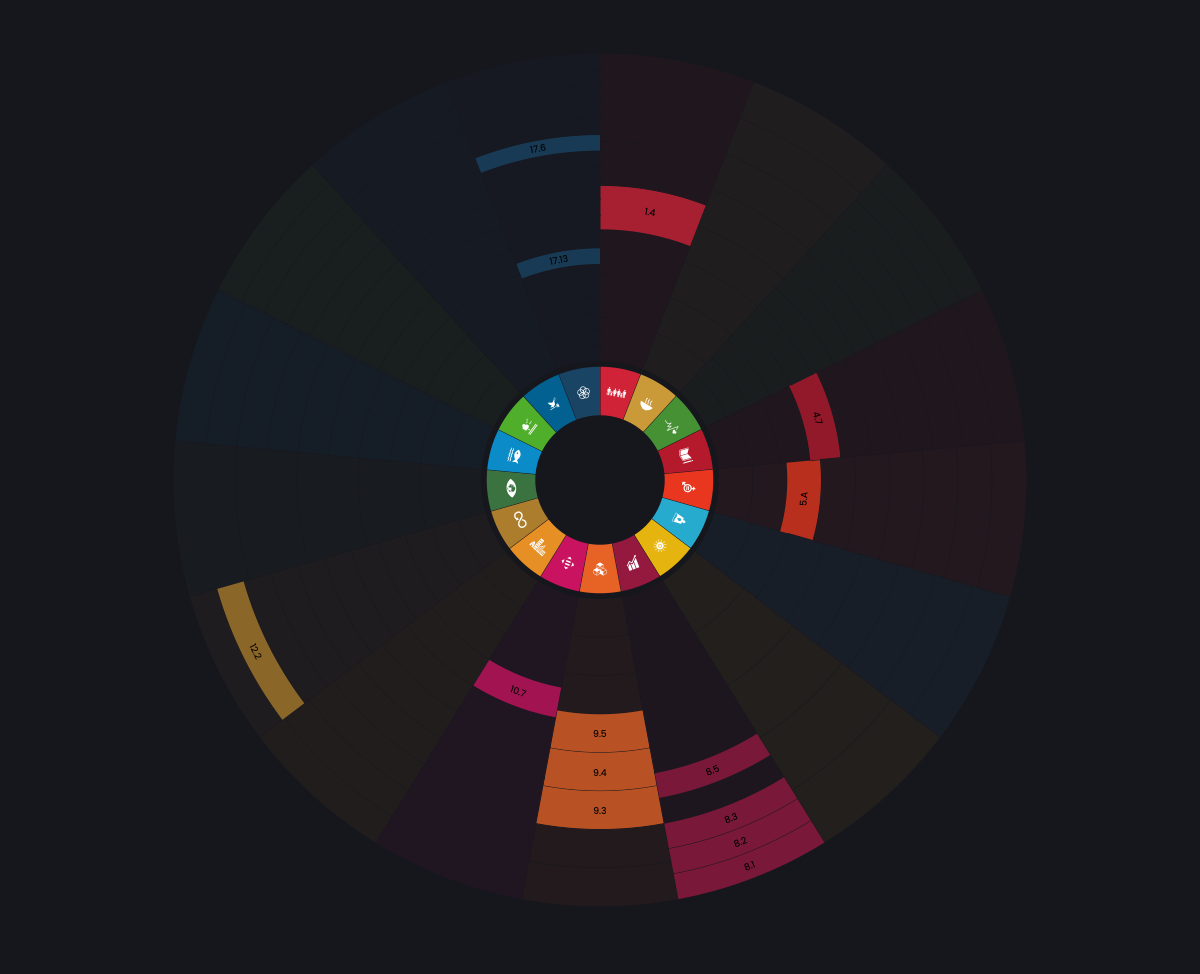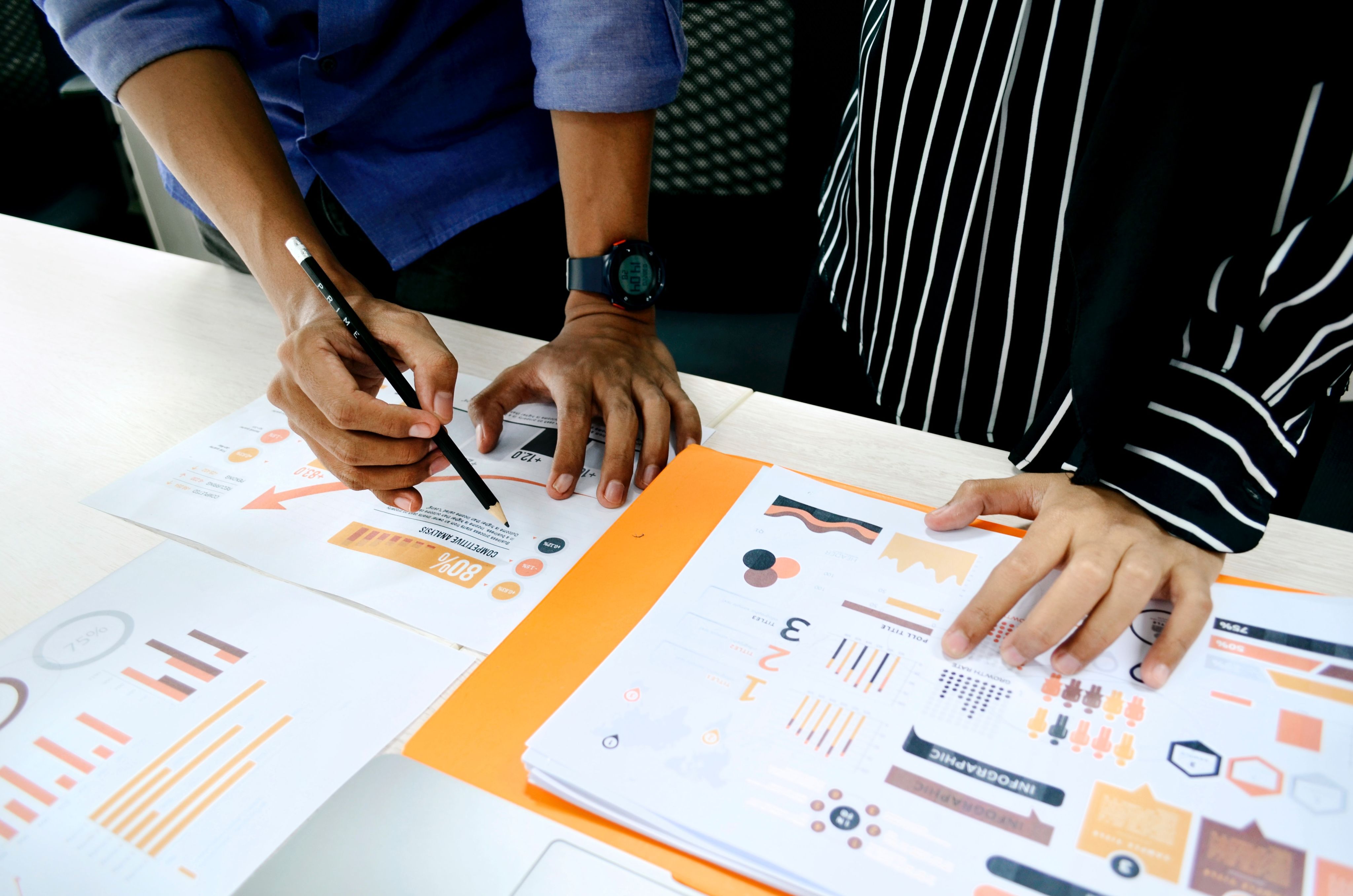Professor John McHale
Established Professor of Economics; former Executive Dean of Business and Economics
J.E. Cairnes School of Business and Economics, University of Galway



John previously served as Executive Dean of the College of Business, Public Policy and Law and also as Director of the Whitaker Institute for Innovation and Societal Change. Prior to joining the University of Galway, John held positions as Assistant Professor of Economics and Associate Professor of Economics at Harvard University, and as Associate Professor of Managerial Economics and Toller Family Research Fellow at the Queen’s University, Ontario. He holds PhD and AM degrees from Harvard University, and first-class BComm and MEconSc degrees from the National University of Ireland. Professor McHale was Chair of the Irish Fiscal Advisory Council (Ireland's budgetary watchdog) from its inception in 2011 to 2016 and he has been an independent member of the National Economic and Social Council (NESC) and the Pensions Board. He served as President of the Irish Economic Association from 2016 to 2018.
John's work contributes to these SDGs

Much of John's work uses economic modelling to examine the policy implications of research funding decisions, for example, the impact of star-scientist recruitment on local research performance in a small open economy or the implications of Artificial Intelligence on research processes.
Key Target: 8.2 Diversify, innovate and upgrade for economic productivity

Teaching

EC5109: Macroeconomic Theory and Policy This module provides a rigorous introduction to macroeconomic models from the perspective of the interaction between the real and the financial sphere of the economy. The module introduces an analytical framework to analyse issues and challenges for macroeconomic policies in both the closed and open economy contexts. The module also aims to enable students with the critical practical skills of analysing macroeconomic time series data and estimating financial and business cycles for policy analysis.
SDG Goal 8: Promote sustained, inclusive and sustainable economic growth and productive employment and decent work for all (e.g., through a focus on macroeconomic policies to achieve sustainable economic growth and full employment)
SDG Goal 1: End poverty in all its forms everywhere (e.g., through a focus on understanding policies to promote economic growth and poverty reduction throughout the world)
SDG Goal 9: Build resilient infrastructure, promote inclusive and sustainable industrialisation and foster innovation (e.g., through a focus on policies to secure growth at the technological frontier)
Supporting Targets: 8.1 Sustainable economic growth; 1.4 Equal rights to ownership, basic services, technology and economic resources; 9.4 Upgrade all industries and infrastructures for sustainability, 9.3 Increase access to financial services and markets, 9.5 Enhance research and upgrade industrial technologies
EC563: International Finance This module provides a rigorous introduction to international finance and open economy macroeconomics. Recognising that financial markets are increasingly international – with massive gross flows of international capital – the module provides analytical frameworks to help financial market participants and policy-makers navigate the often-challenging world of international finance. The topics covered include the relationship between the trade/current account balance and international financial flows, the determination of exchange rates, the choice of exchange rate regimes and the interrelationship between macroeconomic and financial variables.
SDG Goal 8: Promote sustained, inclusive and sustainable economic growth and productive employment and decent work for all (e.g., through a focus on international macroeconomic and financial policies to achieve sustainable economic growth and full employment)
SDG Goal 1: End poverty in all its forms everywhere (e.g., through a focus on understanding policies to promote economic growth, economic stability and poverty reduction throughout the world)
Supporting Targets: 8.1 Sustainable economic growth; 1.4 Equal rights to ownership, basic services, technology and economic resources
Engagement
John has worked with organisations such as the Fiscal Council, an independent statutory body that acts as Ireland’s budgetary watchdog. Its purpose is to provide an independent assessment of various aspects of Irish budgetary policy.
John has also been an independent member of the National Economic and Social Council, the national advisory body to the Taoiseach and the Irish Government, providing research, dialogue and advice that helps achieve Ireland’s sustainable economic, social and environmental development.

Direct impact SDG Targets
4.7 - Education for sustainable development and global citizenship
5.A - Equal rights to economic resources, property ownership and financial services
8.1 - Sustainable economic growth
8.2 - Diversify, innovate and upgrade for economic productivity
8.3 - Promote policies to support job creation and growing enterprises
9.4 - Upgrade all industries and infrastructures for sustainability
17.6 - Knowledge sharing and cooperation for access to science, technology and innovation
Indirect
1.4 - Equal rights to ownership, basic services, technology and economic resources
8.5 - Full employment and decent work with equal pay
9.3 - Increase access to financial services and markets
9.5 - Enhance research and upgrade industrial technologies
10.7 - Responsible and well-managed migration policies
12.2 - Sustainable management and use of natural resources
17.13 - Enhance global macroeconomic stability

John also publishes his research through the National Bureau of Economic Research, which aims to conduct and disseminate nonpartisan economic research.

Research

Featured Publications
|
References |
SDGs |
|---|---|
|
Agrawal, A., McHale, J., Oettl, A. (2023). Superhuman science: How artificial intelligence may impact innovation. Journal of Evolutionary Economics, 33(5), 1473-1517. |
9 |
|
O'Donoghue, C., Sologon, D. M., Kyzyma, I. and 1 more (...) (2020). Modelling the Distributional Impact of the COVID-19 Crisis*. Fiscal Studies, 41(2), 321-336. |
1; 3; 10 |
|
Li, X., McHale, J., Zhou, X. (2017). Does Brain Drain Lead to Institutional Gain? World Economy, 40(7), 1454-1472. |
8; 10 |
|
McGrath, L., Hynes, S., McHale, J. (2020). Linking sustainable development assessment in Ireland and the European Union with economic theory. Economic and Social Review, 51(2), 327-355. |
12 |
|
McGrath, L., Hynes, S., McHale, J. (2019). Augmenting the World Bank's estimates: Ireland's genuine savings through boom and bust. Ecological Economics, 165. |
8; 15 |
|
McGrath, L., Hynes, S., McHale, J. (2022). Reassessing Ireland's economic development through the lens of sustainable development. European Review of Economic History, 26(3), 399-422. |
4 |
|
O’Donoghue, C., Sologon, D. M., Kyzyma, I. and 1 more (...) (2021). A Microsimulation Analysis of the Distributional Impact over the Three Waves of the COVID-19 Crisis in Ireland. International Journal of Microsimulation, 14(2), 81-105. |
1; 3; 10 |
|
Commander, S., McHale, J. (2016). Unemployment and the labor market in transition: A review of experience in East Europe and Russia. Economic Transition in Russia and the New States of Eurasia, 277-314. |
8 |
|
Pierse, T., McHale, J. (2020).Unemployment durations and local labour market conditions. Applied Economics, 52(19), 2109-2122. |
8 |
